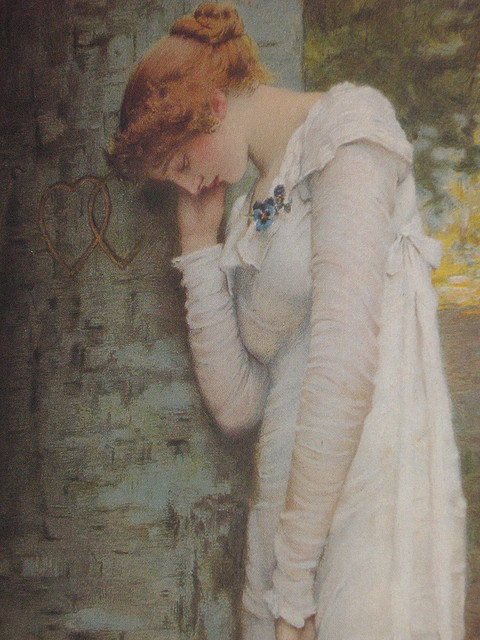Silencing the Pain.
The morning after a long night of fighting with my husband, I woke up to find myself sobbing uncontrollably.
I felt imprisoned in a massive realm of misery. My chest was tight and I had this sinking feeling in my belly. It felt like my lifelong suppressed pain was blowing up inside of me, reminding me of every painful moment I had ever lived. The pain had been calmly bottling up inside, waiting for the next fight, anxiety attack, disappointment or stressful moment.
When old wounds are scratched, the pain somehow finds its way back to full momentum, penetrating our soul and dragging us to the sad, tormented, anxious place that we thought we’ve long fled.
Nobody said pain is easy.
When I find myself locked up in my world of sorrow, I burst. I cry. I scream. I throw things. I run.
When the fumes later, leave my body, I try to make myself forget the anguish.
I should take a long solitary walk, binge on House of Cards, go to a yoga class or meditate. But I usually fail to do any of these things.
I fail because healing pain and suppressing it are poles apart.
When we do these things, do we help our souls heal, or do we merely silence our pain, because we don’t want to feel sick at heart?
When we experience emotions that we perceive as undesirable, many of us are tremendously infuriated by the way we feel, that we become unconsciously obsessed with releasing the short-term uncomfortable sensations induced by these emotions.
We don’t want to feel hurt. We don’t want to feel unloved. We don’t want to be scared, abandoned or heartbroken.
All we want is to stop feeling this way. But what if these feelings are trying to speak to us? To tell us that there is, perhaps, a more profound place to shift our attention?
Sometimes, when we are focused on the plain intention of not feeling bad, we fail to grasp the lesson that hard emotions are trying to teach us.
Rumi asks us, “If you are irritated by every rub, how will your mirror be polished?”
When we are constantly annoyed by unpleasant feelings, they start piling up with other long-abandoned wounds and unresolved pains. Together they thrive in a miserable, little place within us.
In fact, research conducted at Dalhousie University, Nova Scotia suggests that suppressing painful thoughts results in more painful thoughts, as does Rick Heller of The New Humanism, a publication of the Humanist Chaplaincy at Harvard University.
So when we try to run away from pain, we end up feeling more pain.
How do we break free from this vicious cycle?
The first step is to breathe into our aching pains. When I am sad, I often feel an excruciating stingy sensation in my belly, so I try to breathe into it. I visualize white healing light flowing into my body, filling me, cleansing every ache and ingraining love in its place. With every exhale, I try to release the tormenting sensations to the universe.
Every reaction, every pain we feel that disrupts our peace will become ultimately stocked up in our bodies if we don’t make an effort to get to the core of our feelings. If we burst at a partner for not showing us the attention that we think we need, it is important that we take our time to think about why this makes us unhappy before reacting.
Is this the first time we’ve felt that someone is not giving us the attention we need? Or, is it a recurring feeling?
For me, I know I’ve always been reactive. I’ve always yearned for love from others. I’ve always had a hard time letting go. Not only that, but some feelings and reactions have not left me since I was four-years-old, and despite all the work I’ve done on myself, I still go completely insane when I feel I am not being loved. Like a child, hungry for attention. And that is okay.
It is okay because I know that love is what my soul desires.
Sadness usually emerges from an unfulfilled need. We need to consider if we are giving ourselves the love that we require. Are we treating ourselves fairly? Are we getting the love that we need from a partner? And finally, do we allow ourselves and others to give us the love that we are longing for? Are we helping others love us?
I constantly try to remind myself that the journey to self-healing begins when we come to peace with why we feel certain things and react in certain ways. When we are aware of what triggers us and why.
Only then can we start taking baby steps in the direction of transformation.
Healing kicks in when we free ourselves up for love, because in essence, we come from love.
~
Relephant read:
The Obvious thing about Feelings.
~
Author: Farah M. Atia
Editor: Ashleigh Hitchcock
Photo: flickr







Read 0 comments and reply